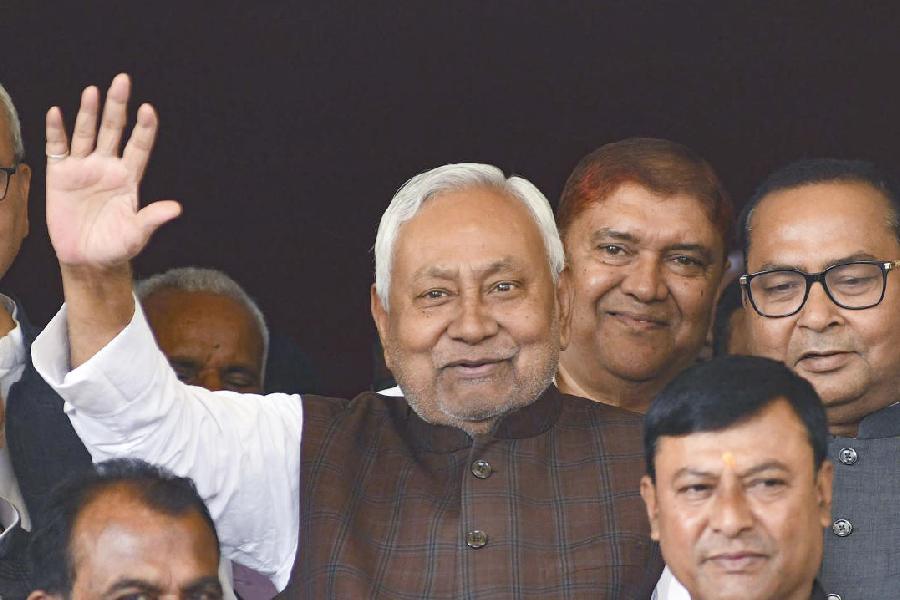The proponents of globalisation would like to have us believe that the world has, indeed, become a global village, connected by easy and speedy flows of information, trade networks, and the exchange of peoples and cultures. For them, the world is increasingly controlled by transnational capital and less and less by nation-states. However, it is the nature of capital to compromise with forces — nationalism, democracy, despotism, social conservatism, hyper-religiosity or any other — that might potentially put a check on its advance.
The nation-state is one such category that has been faithfully served by capital repeatedly in return for protection and patronage. Contingent upon this category of the nation-state are the other associated frameworks of borders, security, securitisation and, of course, citizenship. The last of these, citizenship, encompasses the shifting dynamics of the relations that tie the nation-state to its imagined national community — the citizens.
Citizenship, though conceptualised as being equal for all its members, can be deeply exclusionary. A range of differing identities, such as class, status, race, gender, religion, ethnicity and more, mediates how citizenship is experienced and accessed. On the opposite pole of the citizen lies the immigrant.
The landing of an American military aircraft in Amritsar, loaded with illegal Indian immigrants bound hand and foot, brought us face to face with two sharp dichotomies — between globalisation and nation-states on the one hand and citizens and immigrants on the other. The torturous experience of the deportees has also provided us a critical moment to reflect on the deeply disturbing histories of European settler colonialism in the Americas and the resultant dispossession and extermination of indigenous American communities. These histories marked by indiscriminate violence, forcible seizures of land, and destruction of indigenous communities need to be disseminated. The triumphal narratives of the phenomenal rise of the United States of America, which defeated and expelled the British in 1784, and emerged as one of the world’s most industrialised nations while simultaneously promoting constitutionalism and democracy, should be reconsidered and contested. Further, the careful constructions of a Native American identity for settler colonists, achieved — whether consciously or unconsciously — through celebrated writings like Louisa May Alcott’s Little Women should be problematised.
Scholars have highlighted the criticality of understanding the phenomenon of settler colonialism and the manner in which it overran large parts of the world. Some have even gone on to question the use of the term, ‘settler colonialism’, arguing that the phrase and language itself become complicit in whitewashing this history of genocidal violence and the annihilation of large masses of population.
We can think of this past of advancing settler colonialism and the annihilation of indigenous populations across the Americas in conjunction with our lived present as we witness the steady encroachments on forest lands and the accompanying marginalisation and displacement of Adivasi communities in India in the name of progress.
The past, with its multiple injustices, is frozen in stone. We possibly cannot undo it. What we can do, as we go forward, is to confront the selective amnesia about it. We need to remember it, preserve and share it, and draw lessons from it, as we live in the present and move towards the future.










